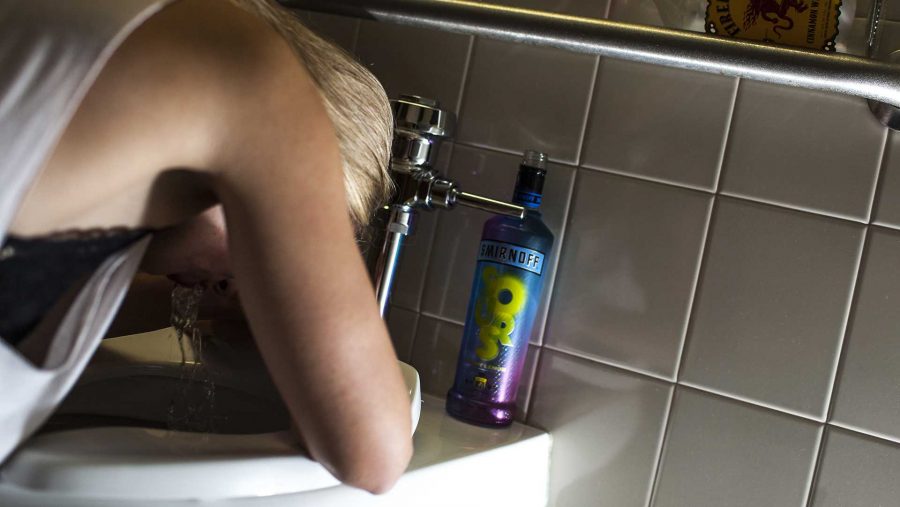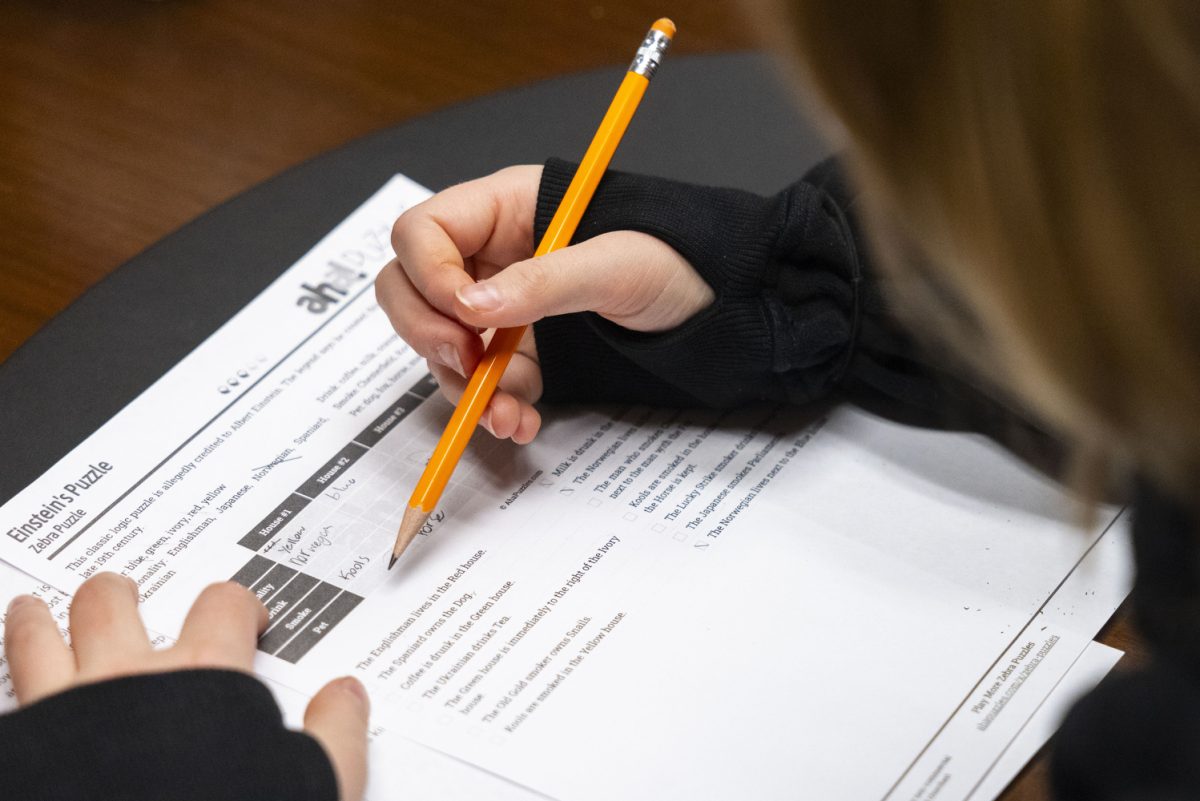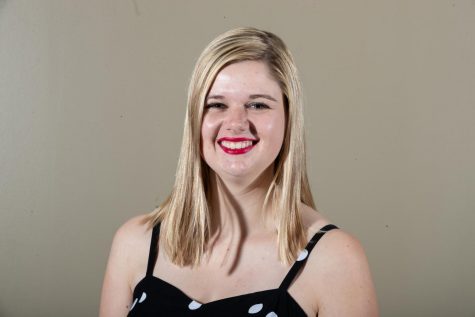Measures are in place to protect students from getting into trouble when they find themselves in emergency situations, but only to a certain extent.
Benjamin Nelson, the Iowa City City Council liaison for the University of Iowa Student Government, said Good Samaritan policies are typically put into place as a way to relieve people’s fear about finding themselves in trouble in emergency situations.
“[These policies] allow individuals to call emergency services, such as an ambulance or the police, without needing to worry they might get into legal trouble,” he said.
Nelson said limitations do exist in the protocol; it protects students from university policies such as expulsion, suspension, or eviction from the dorms but not from legal punishments as a result of drug use or underage drinking.
The UI Good Samaritan policy is called the Responsible Action Protocol, he said, which is used when students seek emergency help relating to drug or alcohol use.
Nicole Hodous, assistant director for student care & outreach in the UI Dean of Students Office, said the protocol has been in place at the university for six years to encourage students to seek assistance if they find themselves or a friend in need of medical help. With this protocol, she said, students shouldn’t fear finding themselves in trouble if they call for help.
The protocol is a part of the Code of Student Life, Hodous said, so it is not involved with the law. Instead, she said the protocol allows students to not fear punitive fines from the university, being suspended or expelled, or kicked out of a residence hall.
Angela Ibrahim-Olin, assistant director of student conduct in the Dean of Students Office, said the protocol is often used in cases in which students need to bring themselves or a friend to a hospital, be it for heavy intoxication, alcohol overdose, or drug consumption.
The goal of the protocol, she said, is to have it come into play often, meaning students are making the decision to call for help instead of fearing trouble.
“If we look out for each other, the number of emergencies and times the protocol is used should be equal,” she said.
Ibrahim-Olin said if she were put in a situation where she should call officers to help a friend and potentially find herself in legal trouble, she still would prioritize the safety of her friend. In the moment, she said, she would be less focused on any discipline that could potentially occur.
The protocol also allowed for educational experience, Hodous said. Students are able to learn how to ensure these types of medical emergencies don’t happen again without fear of punishment from the UI, she said.
Some of the fear about calling officers, Hodous said, lies in potentially angering a friend for getting them into trouble. However, she said, a truly good friend will make the safe choice to help in emergency situations.










